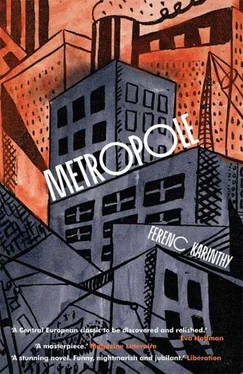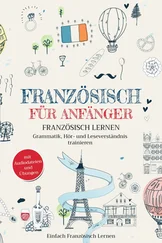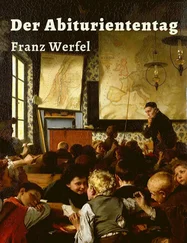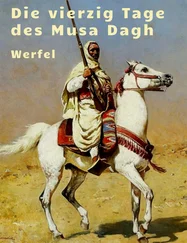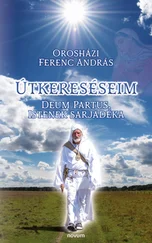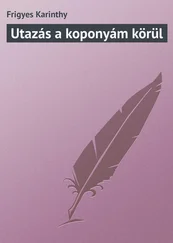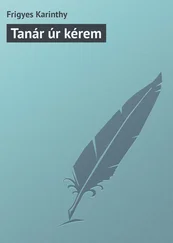Things were no different at the bookshop. Hordes were picking over towers of books, some searching the piles on the floor, some at the tables, some taking books off stands and discarding them just anywhere, throwing up great clouds of dust while others clambered up steps to examine the top shelves. It was such a chaotic state of affairs that Budai couldn’t work out which among them was the vendor. Jammed as he was in the crowd he tried in vain to address various customers, even bellowing in their ears but there was so much extraneous noise no one took any notice of him. People were either reading or browsing. It was only after he had spent a considerable time casting his eye about that he spotted a fat, liverish-looking man with a fleshy nose in the depths of the shop. The man wore a soft leather coat and drew attention to himself by being particularly loud and aggressive: he was busily putting books out, wrapping them and tying them up with string while at the same time vigorously bargaining, now taking books from the pile, now adding to it. He might just as easily have been selling potatoes or tomatoes. There was certainly no great opportunity here to explain anything or make a request, not even to point to something for however he tried to get close to the liverish man and make him understand what he wanted there were always others swarming around him, all talking at once. Whatever Budai had to say was lost in the hubbub.
So he too started searching the stands hoping to come across a dictionary or at least a bilingual publication such as a travel guide, anything in a language he might recognise so that he could hold it open and explain to the owner that it was in fact a dictionary he wanted. But however many books he took down they were all in the same runic writing. Most of them were old antiquarian copies in various shapes with various bindings, often ragged and squashed, but there were also some almost new books with uncut pages. He tried to determine the direction of the text in these, left to right or vice versa, as he suspected had been the case with the newspaper. Simply leafing through the books like this offered no clue either way though there were some that seemed to have two title pages, one at the front and one at the back, or perhaps it was the main title page at one end and the half-title at the other.
Here too there were reductions in price, the numbers written on the inside of the back cover being ruled out with ink and smaller figures inserted. But even so the prices looked frighteningly high compared to the cash he had in his pocket. The lowest were priced 3 or 4, the rest at 10, 15 and 25, which was more than he had altogether. He carried on browsing for over an hour flicking through a great variety of books. There were volumes of verse, things that looked like novels, small press publications, popular books in cloth and paper bound editions, technical and scientific material printed on shiny paper about what was likely to be an extraordinary range of fields, not to mention diploma works on chemistry and mathematics complete with diagrams and footnotes, the textual parts of which might have been worth studying in greater detail were he not so abysmally ignorant of their subjects. There were also periodicals of uncertain content, complete runs of them, bound catalogues with serial numbers and endless notes and figures indicating who knows what; folios of drawings and caricatures of people he did not recognise, some with indecipherable signatures and even a few lines of verse; theatre and concert programmes; magazines about this or that wholly unfamiliar actress photographed in various costumes; then children’s books, story books — if that is what they were — and maybe a few school text-books too, and much else… But he did not come across a single book written in another language, not even in part. For want of anything more helpful he would have taken a handbook of grammar but he found not one among the many thousands on thousands of books on sale.
All this was depressing enough and exhausting too with all the pushing, shoving and noise, though everything would immediately have been all right if he could have explained his need for a dictionary. The crush was such that he failed to make any sort of contact with the dealer who was surrounded by an impatient crowd of customers. He tried communicating with him but simply could not get his attention. Having had enough of this farce and judging any further attempt to be pointless he finally chose a book for himself. He had just enough time to catch the dealer’s eye, show him the book and pay him the money.
The book seemed to be a collection of short stories, that at least was what the typography suggested, that and the amount of dialogue in the text. Here, however, unlike in the other books, the writing ran unambiguously from left to right and top to bottom as he could tell by the titles of the stories and the way the beginnings and ends were presented. The book was not particularly thick and the price was relatively low too, a mere 3.50. The cover showed an exotic landscape in green and blue pastel colours: a bay, palm trees, a hillside with a crowd of white villas, roof rising above roof in the background. It might have been the deep blue water and the wide horizon that first attracted him. The flap carried a photograph, presumably of the author, a man of about forty or so in a polo-neck jumper, his face round, his hair cut short, his body relaxed, apparently unposed. He was standing in front of a slatted fence, his eyes narrowing, his expression tired or slightly bored, with a slightly mocking smile playing about his lips as if he were in the act of suppressing a yawn. Everything about the image looked familiar but he couldn’t remember where he had seen it. In any case, his look, his pose, his general appearance was clearly that of a contemporary writer, Budai felt, which might have been another reason he had noticed the book. He wouldn’t, after all, get far with an old work using archaic language or with one written in high poetic manner, nor with anything technical, scientific, jargon-laden, specialist, didactic or abstract. What he needed was something written in contemporary colloquial language, the sort of language spoken on the street, which he would have to learn word by word. The most likely books, in fact the only books properly fit for the purpose, would be short stories or something like them.
Once back home he stopped in the hotel lobby and studied the maps displayed in the gift shops. There were various kinds for sale, almost all different, and he was suddenly confused as to which he should choose. He picked up one at random and opened it out, assuming it would show the city. But he found it hard to orientate himself in it: the streets and squares looked tiny in the densely scrawled plan that entirely filled the sheet and there was no sign of the outskirts of town where estates should thin out, or was this perhaps a map of the inner city only, or of a single postal district? He saw no railway lines, at least none of the thin black lines that normally represented them. Nor was there a river, not at least in the area covered by the map, only a few tiny dots of blue that might have been municipal ponds or the water reservoirs he had seen here and there. In the bottom right-hand corner of the map he found a long narrow light blue band that would clearly have continued on another sheet, the other end of which, however, snaked on until it simply stopped, thereby dashing Budai’s hopes that it might represent flowing water. It must have been at most a minor tributary of some distant river though there was no way of being certain of that. More likely it was a ditch of the kind he walked past near the slaughterhouse.
He would like to have discovered the hotel on it and to work out its relationship to the maps he saw in the underground. But how could he begin to do so when he didn’t even know which way up to hold it? He couldn’t remember which end was the top when he picked it up. He had noted down the name of the metro station nearest the hotel; it was just that he couldn’t find it on the map. He couldn’t even see metro lines, neither the continuous line nor the dotted one normally used to indicate networks that ran underground. There were no single or double circles, empty or full, with or without a single line through them that stood for stations on other maps. Most cities, he recalled, represented metro stops with a capital M. Yes, but what letter was the equivalent of M here? Or could it be that the quarter of town represented had never historically possessed an underground system? Might it be that this wasn’t a local map at all? But then what town was it?
Читать дальше
